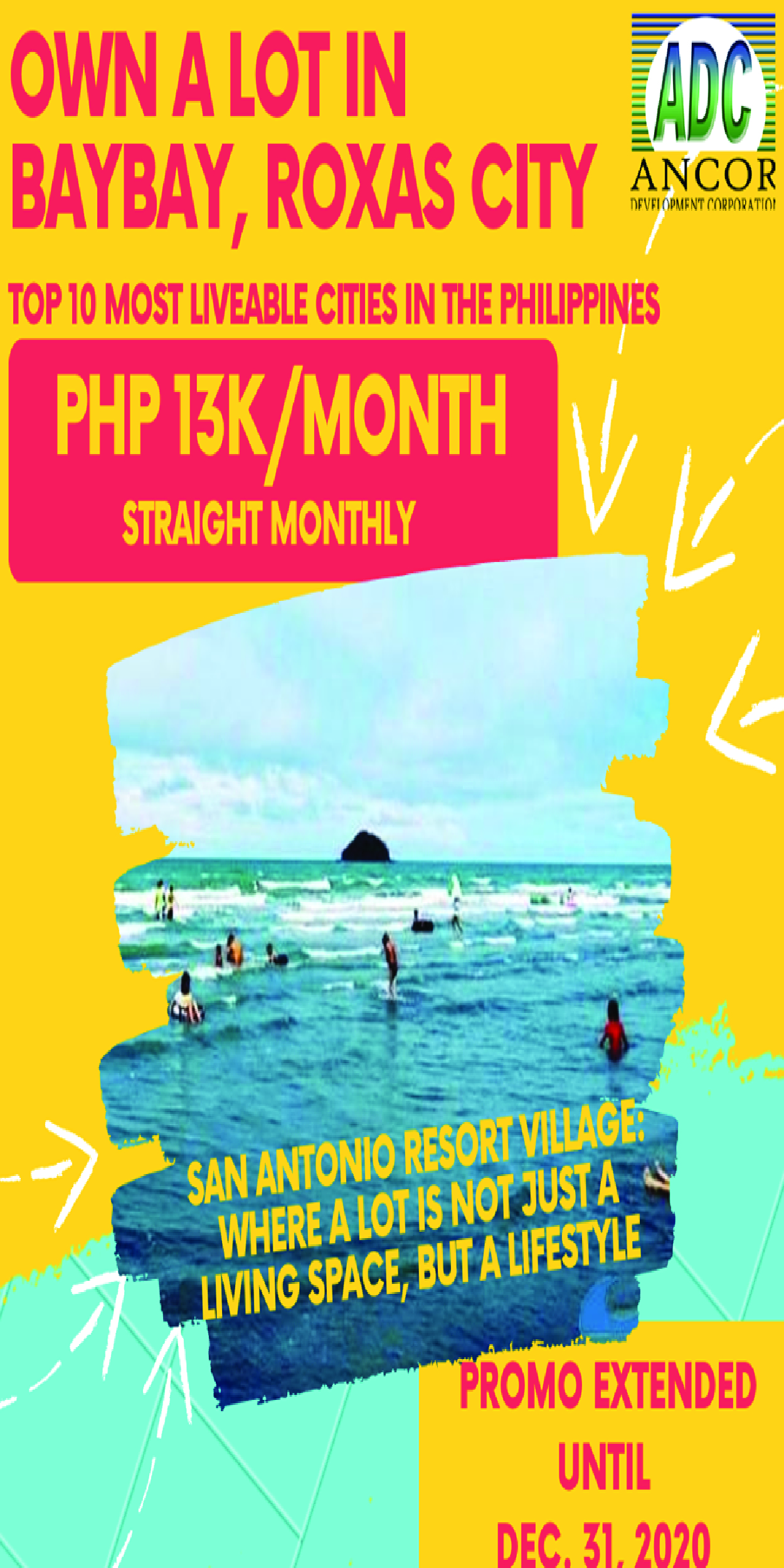
by Psykhe Azarraga
I was born in Canlaon City. We left when I was almost one—barely long enough to develop memories, but just enough for my birth certificate to quietly and consistently say, “Place of Birth: Canlaon City.”
And honestly? I’ve always been proud to write that down: Canlaon. Like I was born in some dreamy, ethereal place—not just a city, but a whispered poem of mountains and mist. It’s the kind of birthplace that makes you sound a little mysterious, even if you’ve never stepped back into its soil.
My mom and dad still tell me stories about how beautiful Canlaon is—always with a softness in their voice. A kind of remembering that tells you this wasn’t just geography. This was a feeling. A climate. A view. A way of life. Something cool and fresh, like Baguio air wrapped in our own origin story.
They talk about the people, too. The friends. Some of them loved me like their own, even though they never saw me grow. And now, many of them are gone. But the memory of that love—unseen but never unfelt—still lingers. Gentle, like fog that knows its way around the mountains.
So, imagine my surprise when I—now a woman powered by insulin, AFOs, powdered creamer, and low-grade daily chaos—read the news: Kanlaon Volcano had erupted.
The eruption made headlines. Ash fell, lives paused, people braced. And yet, what reached me first wasn’t the chaos—it was the connection.
The volcano near the city I never got to return to. How poetic.
I also saw a meme this week. It said: “You matter. Until you multiply yourself by the speed of light squared. Then, you energy.”
It was meant to be science-hug funny, but it hit me deeper than expected. Because sometimes, that’s how I feel: I matter. Then life happens—fast, intense, volcanic. And suddenly, I’m energy.
Scattered. Glowing. Not to be underestimated.
I’ve never returned to Canlaon—not out of drama. Just … life logistics. But every time I hear about it—when the volcano makes headlines—I feel a small, oddly warm ache. People there speak Cebuano. I don’t speak it fluently, but somehow, it still feels familiar—like a dialect that could’ve been mine if we had stayed longer. If I had grown teeth there. Maybe learned to say “sayote” with a local lilt.
And let me just pause and say—sayote. Baguio beans. Carrots. They grow in Canlaon. These are not your everyday gulay. These are the vegetables of special occasions. You don’t just throw them in for nothing. They turn pancit into something you serve with pride—special, delicious, a little bit festive. They give chicken stew the aura of importance. Having them grow all around you? That’s the kind of rich I grew up believing in.
Canlaon, I imagine, is cool like Baguio. A place where fog kisses vegetables, and silence actually feels healthy. I imagine the kind of air that makes you breathe slower—not because you’re tired, but because the air deserves to be savored.
And yet, I’ve never walked its streets. We left before I could even say “lakaw”. Still, I carry Canlaon in every form that asks “Place of Birth.” I carry it in my medical history, in my imagination—and now, oddly, in my vegetable bias.
Some places don’t have to raise you to remain yours. Some eruptions are not destruction—they’re reminders.
You matter.
Then, you energy.
And maybe that’s what home is: a place that still makes you feel something—even if it hasn’t seen you since you were one year old and toothless.And yes, I still plan to visit. After the ash settles. Hopefully with a tote full of sayote—from there, of course.






